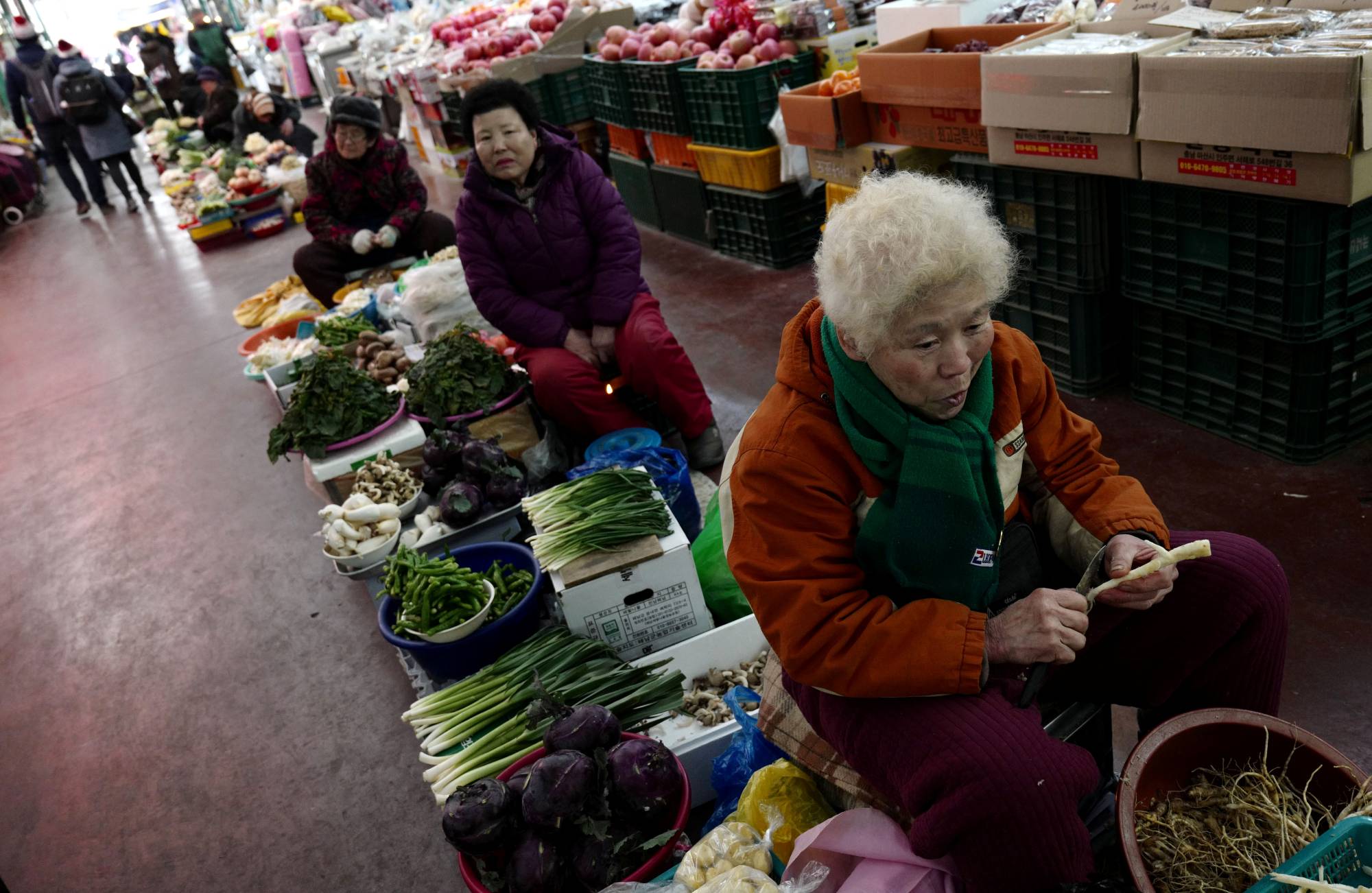They’re called the Sampo Generation: South Koreans in their 20s and 30s who have given up (po) three (sam) of life’s conventional rites of passage — dating, marrying and having children. They’ve made these choices because of economic constraints and in the process have worsened South Korea’s demographic imbalances. Last year, when the country registered more deaths than births for the first time in recent history, then-Vice Finance Minister Kim Yong-beom pronounced the milestone a "death cross.”
"I Live Alone" is one of South Korea’s most popular reality TV shows. It follows the single lives of movie actors and K-pop singers engaging in mundane activities such as feeding their pets or eating ramen in the middle of the night — all alone. People living alone already make up almost 40% of the population. Honbap (a solo meal) has worked its way into everyday language; there’s even a lunchbox brand called Honbap Day.
The typical age of a new mother in South Korea is 32, according to the National Statistical Office. The number of births per woman sank to a record low of 0.84 last year, the lowest rate in the world; in Seoul the rate is 0.64. The United Nations estimates that by 2050, South Korea’s share of older people will become the largest of any country.


















With your current subscription plan you can comment on stories. However, before writing your first comment, please create a display name in the Profile section of your subscriber account page.